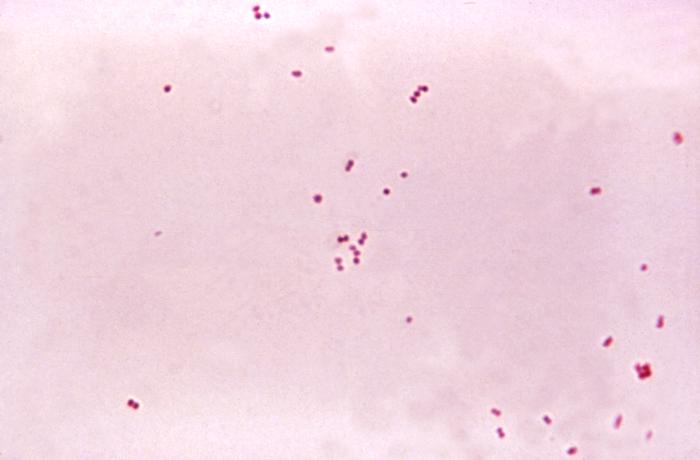In a follow-up on the meningococcal disease situation at Oregon State University (OSU) in Corvallis, Benton County health officials are reporting that an additional student is being treated for meningococcal disease, the fifth case in the past year.
According to health officials, the undergraduate student entered the hospital Friday and is reported to be in good condition. The strain of meningococcal disease has not been identified.

The four previous students had serogroup B meningococcal disease and all were treated and recovered.
“Meningococcal disease is a serious condition and the situation can get critical rapidly,” said Charlie Fautin, deputy director of the Benton County Health Department.
Fautin urged community members to be watchful for individuals presenting signs and symptoms consistent with meningococcal disease, which may include high fever, headache, stiff neck, exhaustion, nausea, rash, and vomiting. Some people do not get meningitis, but they contract an infection of the bloodstream, which causes fever and a rash.
“The current commonality of cold and flu symptoms may complicate diagnosis of meningococcal disease, so attentiveness for the disease is needed,” Fautin said. “Standard measures to prevent colds and flu, such as hand washing and not sharing eating utensils or drinking glasses, will go a long way to prevent transmission.”
Visit myLABBox.com for easy, convenient and fast screening solutions for prevalent STDs, all in the privacy of your own home.
Fautin said while serious, meningococcal disease is not highly contagious. Customarily, individuals who have spent at least four hours over a week in close, face-to-face association with a person suffering from meningococcal disease before the illness started, are at risk of catching meningococcal disease.
The best way to prevent meningococcal disease is by vaccination. A minimum of two doses is required to provide protection. Other ways to lower the risk of infection include:
- Providing vaccines to children and young adults.
- Preventing respiratory tract infections by receiving an influenza vaccine and avoiding close contact with people with coughs and colds.
- Engaging in frequent hand-washing.
- Not sharing cups, water bottles, eating utensils or smoking devices.
- Not smoking tobacco or marijuana. Studies have shown that smokers are 3-4 times more likely to contract the disease.
- Not letting children be exposed to second hand cigarette smoke.
Anyone experiencing the symptoms described above should immediately visit their primary care physician, an urgent care medical clinic or emergency room. OSU students experiencing these symptoms while at school should visit OSU Student Health Services.
Related:
- Plague death toll tops 200 in Madagascar
- Uganda reports Rift Valley Fever outbreak in Mityana and Kiboga Districts
- Peru: 6 chickenpox deaths reported in northwest regions
- From Lyme to Powassan: Tick-borne diseases in the US 2016
- World’s smallest tape recorder is built from microbes
- Mumps in Manitoba: More than 1000 cases in 2017, showing signs of decline


3 thoughts on “Oregon State University reports 5th meningococcal disease case in past year”